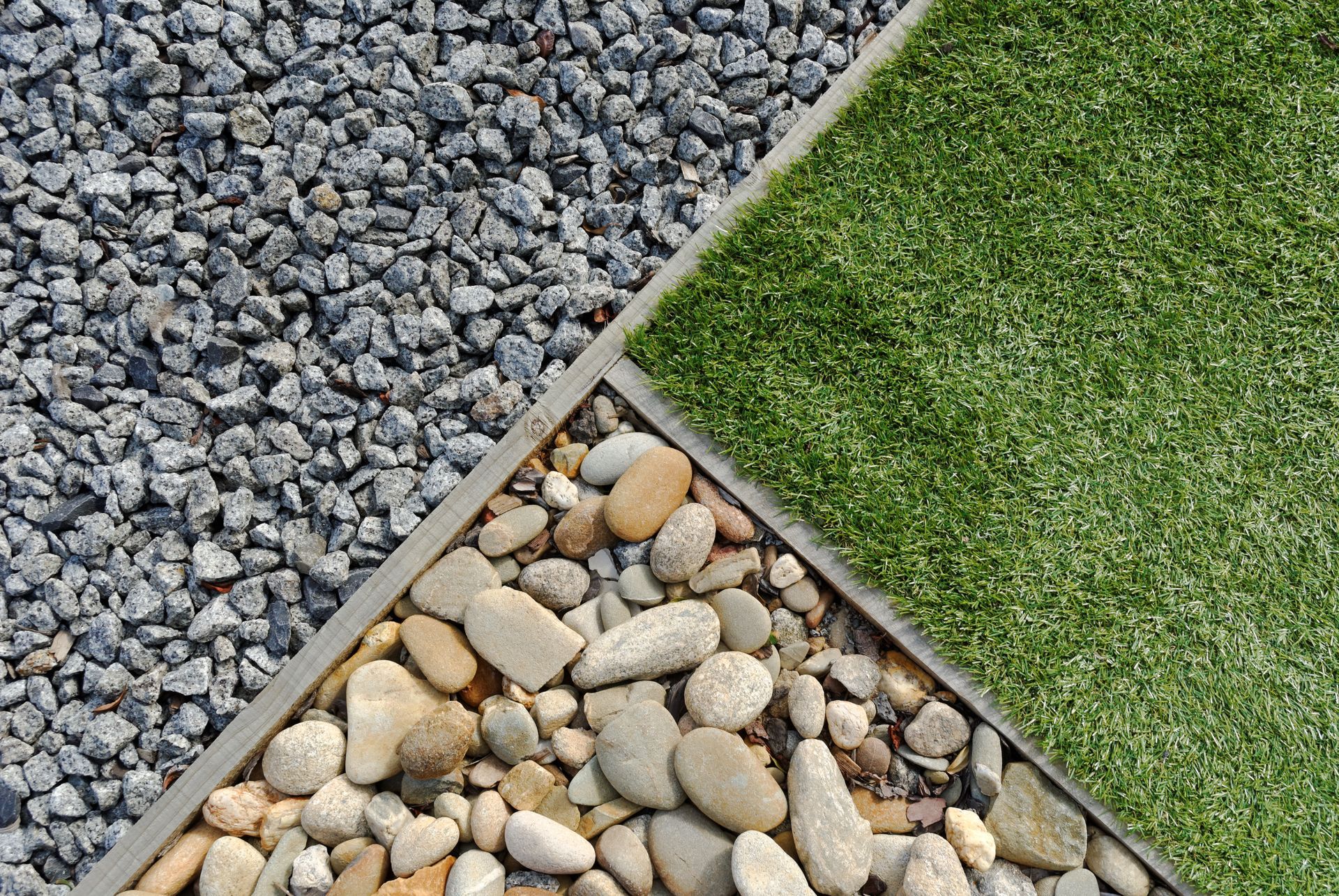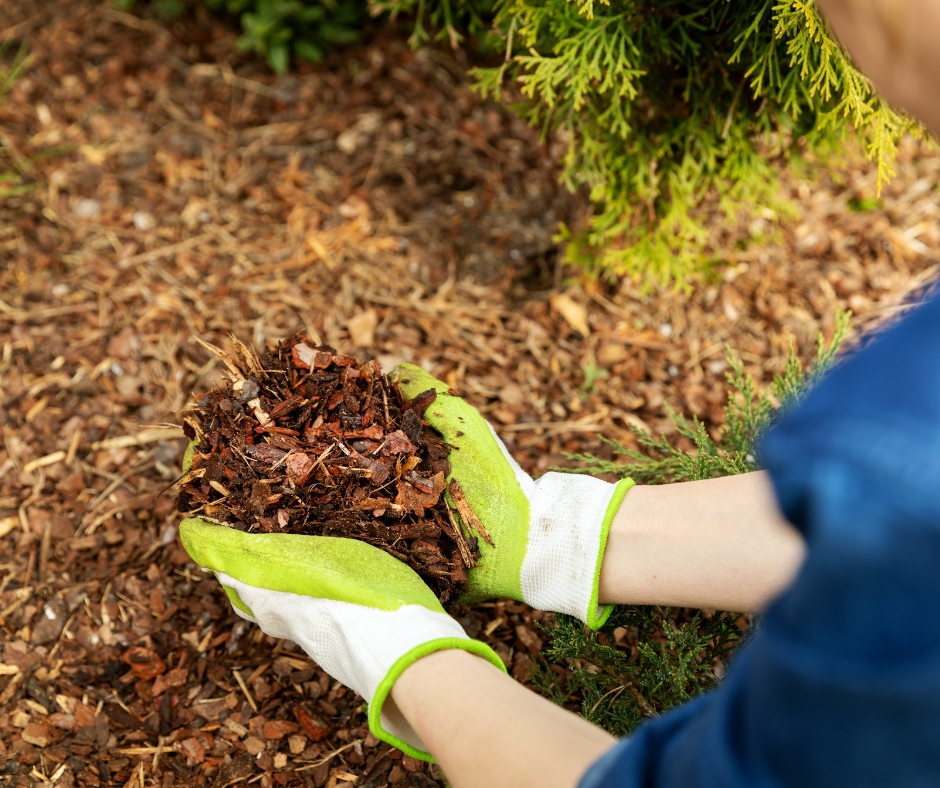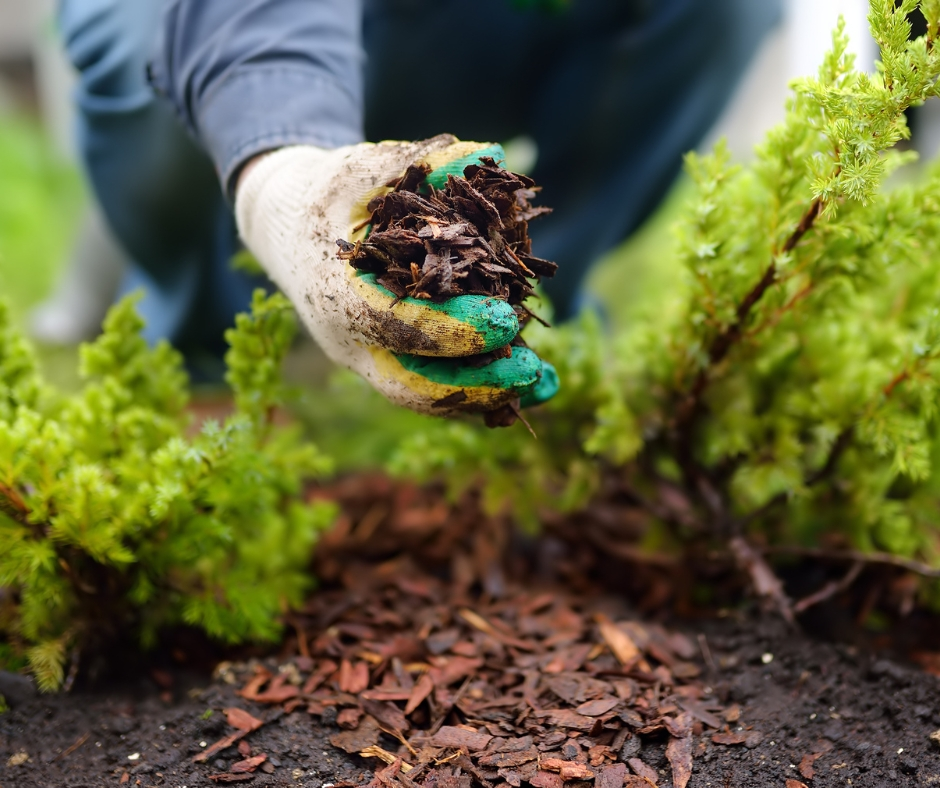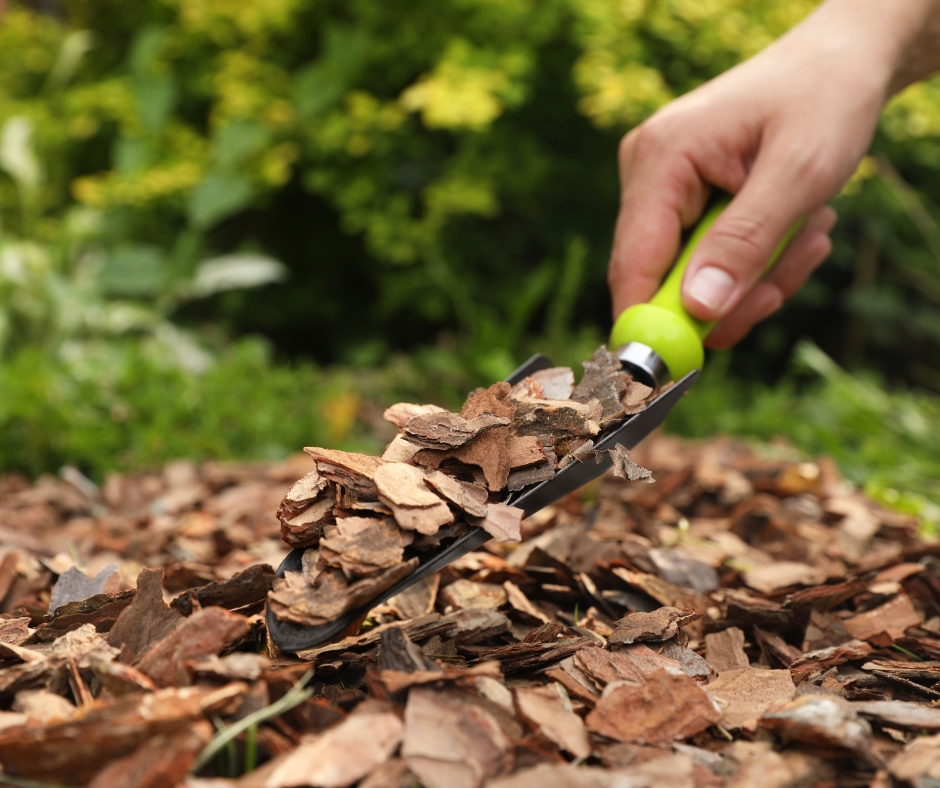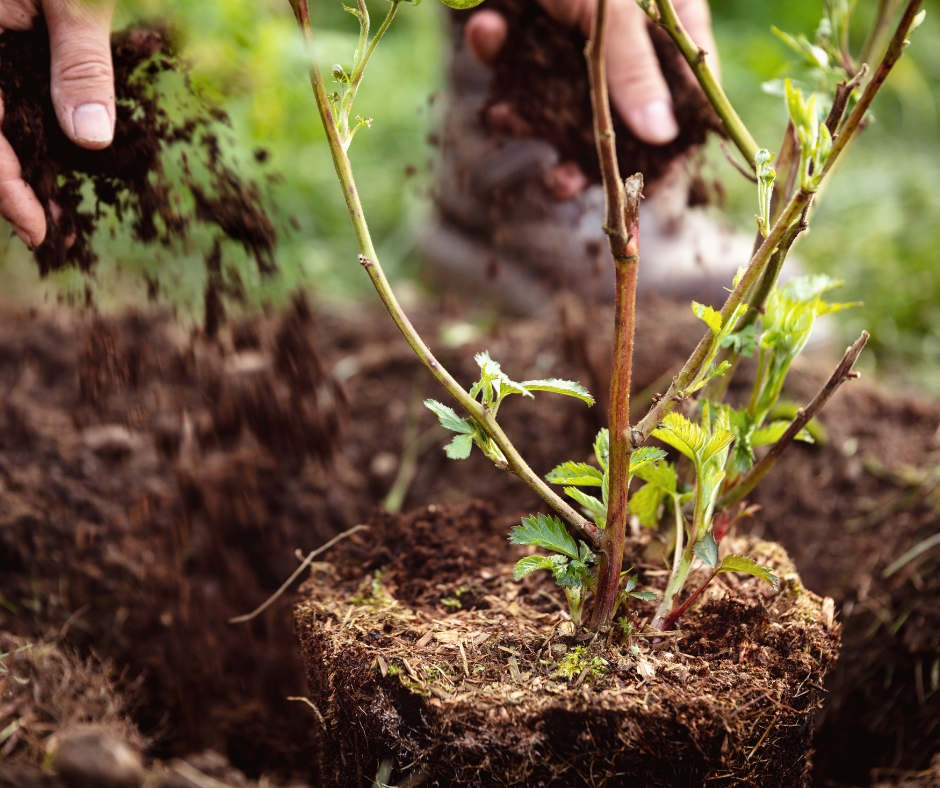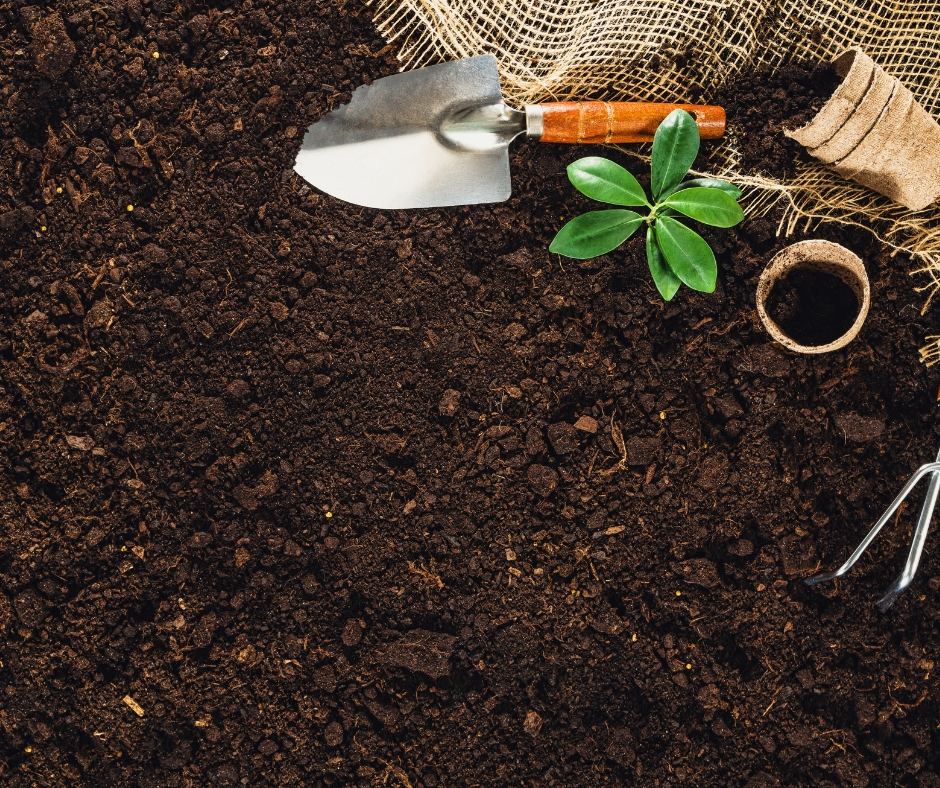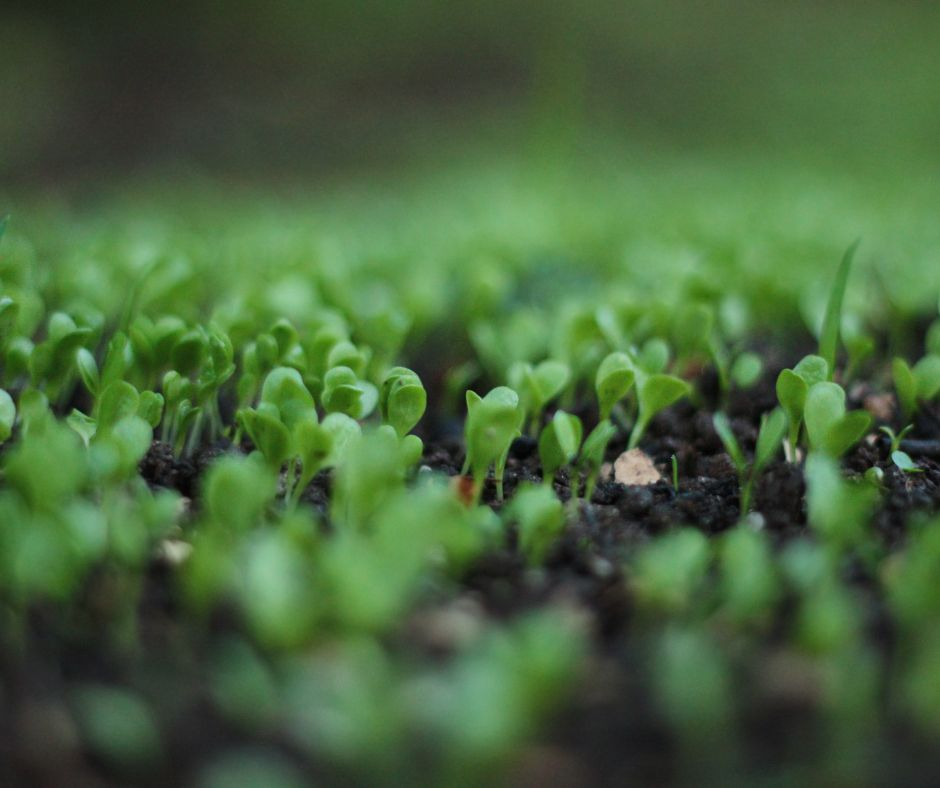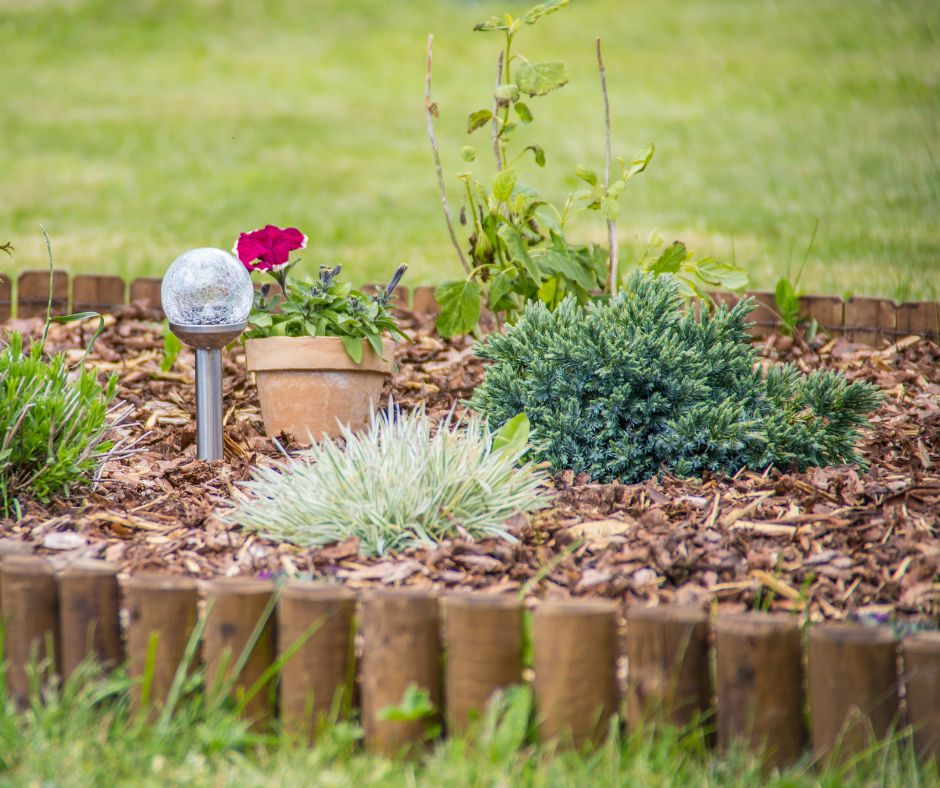Unlock the Secrets to Richer Soil: A Beginner's Guide to Organic Amendments
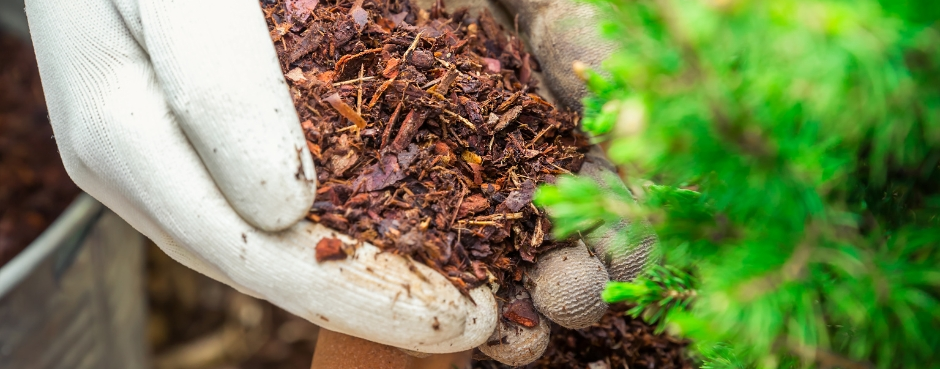
Gardening is not just about planting seeds and hoping they grow; it's about nurturing your soil so it can nurture your plants. Think of your garden's soil as a bustling city for plants, full of nutrients and life that they need to thrive. But just like any city, the soil needs upkeep to remain healthy. That's where organic amendments come in, offering a natural way to boost your soil's health and, in turn, your garden's vibrancy. Here's how you can transform your soil into a fertile foundation for your plants to flourish.
Understanding Soil Quality
Soil quality is the backbone of any garden. It affects water retention, nutrient availability, and the overall health of your plants. Poor soil can be compact, nutrient-poor, or have extreme pH levels, all of which can hinder plant growth. Fortunately, organic amendments can rescue your garden by improving soil structure, enhancing nutrient content, and balancing pH levels.
The Magic of Organic Amendments
Organic amendments come from natural sources and add not just nutrients but also organic matter to your soil. This matter improves soil structure, making it easier for roots to grow, enhancing water retention, and encouraging beneficial microorganisms. Common organic amendments include compost, manure, bone meal, and leaf mold.
Compost: The All-Rounder
Compost is decomposed organic matter, and it's gold for your garden. It adds necessary nutrients back into the soil and improves its structure. Whether you make your own compost at home or source it, incorporating it into your soil will bring noticeable changes in your garden's health.
Manure: Nutrient Boost
Manure, especially from cows, horses, and chickens, is rich in nutrients essential for plant growth. It's important to use well-rotted manure to avoid harming your plants. Manure not only adds nutrients but also helps improve soil moisture retention.
Bone Meal: Phosphorus Powerhouse
Bone meal is a great source of phosphorus, vital for root development in plants. It also provides calcium and nitrogen, secondary nutrients that help in plant growth. Mixing bone meal into your soil can especially benefit flowering plants and root crops.
Leaf Mold: The Moisture Master
Leaf mold is simply decomposed leaves. It might not be rich in nutrients, but it's a fantastic soil conditioner. It improves water retention and provides a perfect habitat for soil life, including earthworms and beneficial bacteria.
How to Apply Organic Amendments
Applying organic amendments is simple. For new gardens, mix the amendments into the top few inches of soil before planting. For established gardens, you can add amendments to the top layer of soil around your plants or use them as mulch. Regular application, typically once or twice a year, can gradually transform your soil into a rich, plant-friendly environment.
Dive Deeper into Soil Health
Are you intrigued by the idea of transforming your garden through organic amendments? If you're eager to learn more and find the best-quality organic amendments, visit us at North County Supply. We're passionate about helping gardeners like you create the healthiest, most vibrant gardens through high-quality supplies and expertise. Start your journey to a lush, thriving garden with us today.
Your garden's soil is the foundation of its health and beauty. By incorporating organic amendments, you're not just planting for today; you're investing in the vibrancy of your garden for seasons to come. Let's turn your garden into a testament to natural beauty and sustainability, one amendment at a time.
